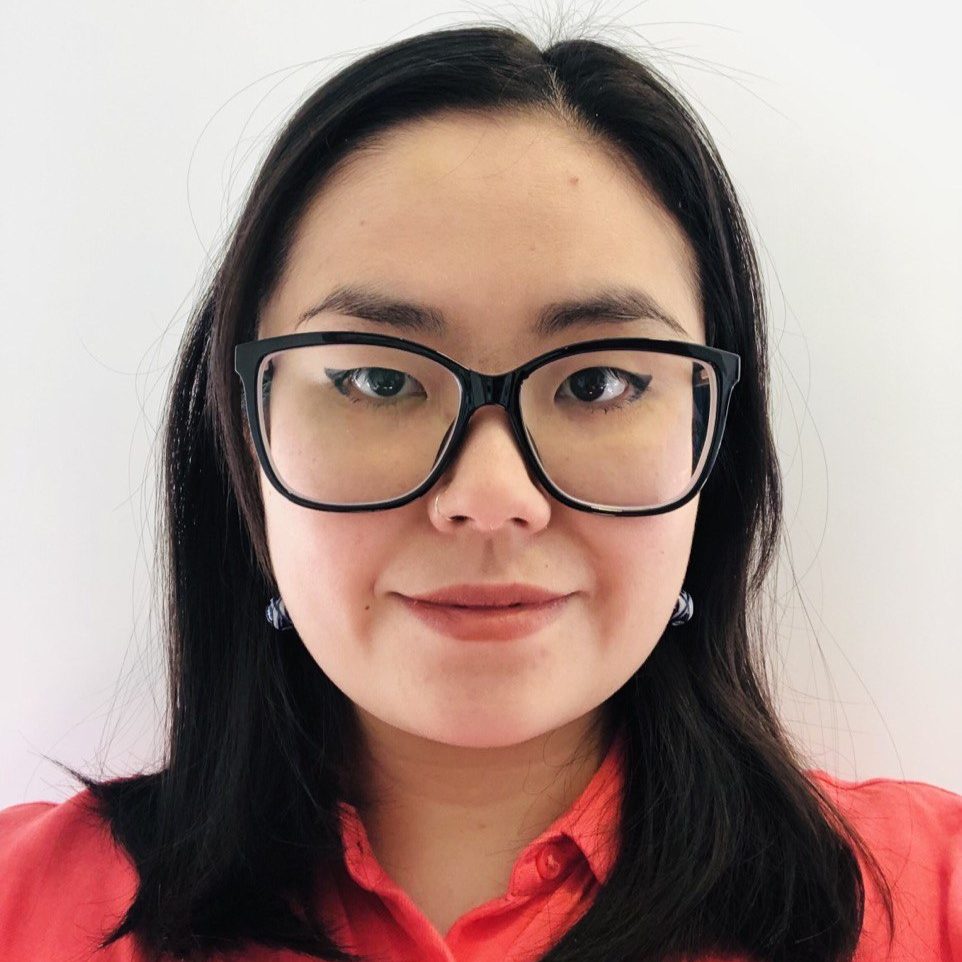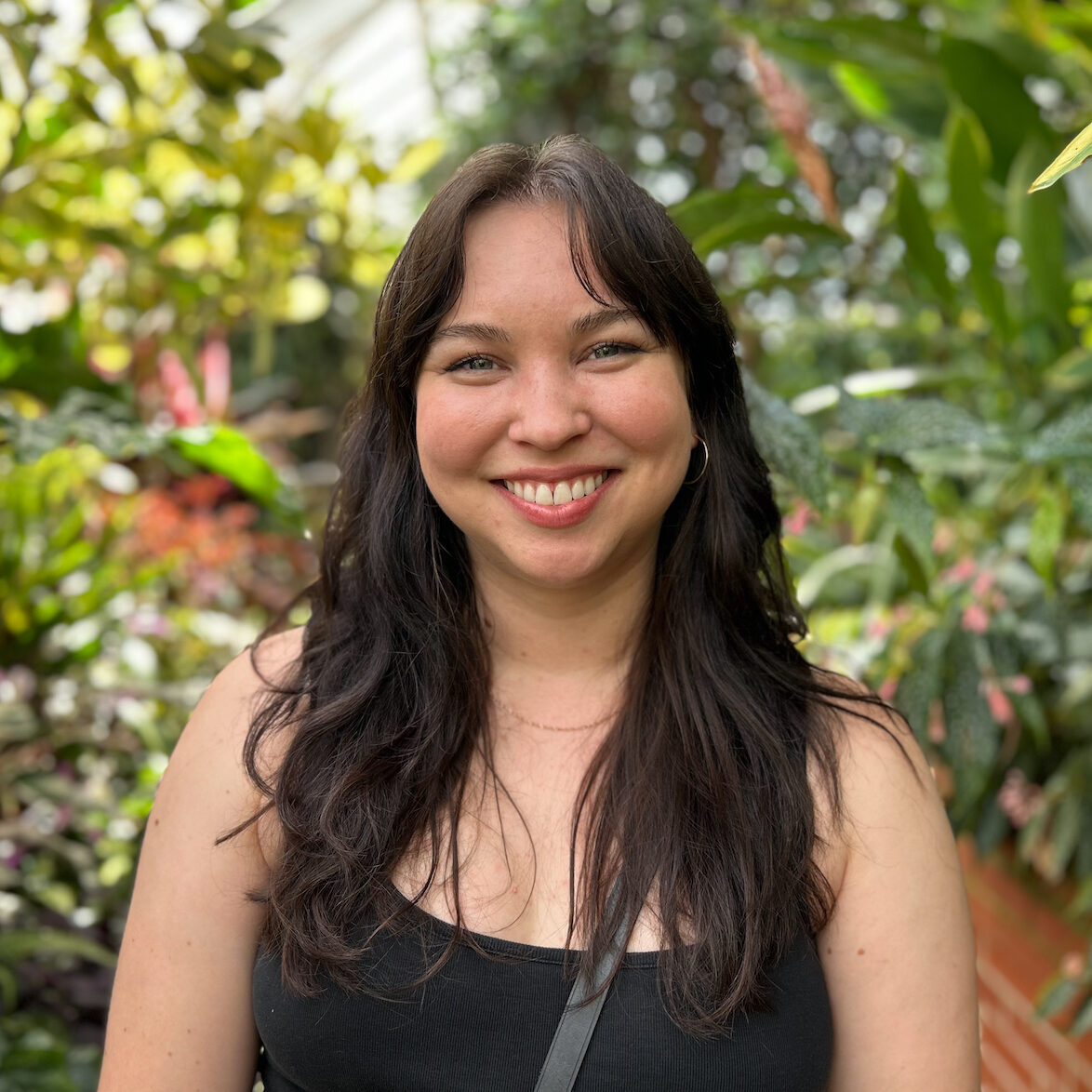
Viviane Ito
Viviane Ito is currently pursuing a Ph.D. in Information Science at UNC-Chapel Hill. Her research interests are disinformation, misinformation, and gender bias within information and language. In the past, she developed research in women's experiences with chronic pain at the Pontificia Universidad Católica de Chile and in characterizing gender biases in Olympic athletes' discourses at the University of Sao Paulo, Brazil. Her research methodology draws from the field of Computational Linguistics. Before her academic pursuits, she worked as a strategic planner and data analyst for various brands, collaborating closely with media companies.

Lorcan Neill
Lorcan Neill is a Knight-CITAP Fellow and a PhD student in the Hussman School of Journalism and Media at the University of North Carolina at Chapel Hill. His research focuses on the intersection of technology platforms and political power with specific interests in content moderation, transnational communication, and democratic backsliding. Lorcan holds a BA in Political Science and Communication from North Carolina State University and a MA in Media and Strategic Communication from George Washington University's School of Media and Public Affairs.

Carolyn Schmitt
Carolyn Schmitt is a Knight-CITAP Fellow at the Hussman School of Journalism and Media at the University of North Carolina, Chapel Hill. Her research focuses on the intersection of far-right and mainstream media. Previously, she worked in communications at the Berkman Klein Center for Internet & Society at Harvard University and was a researcher on their Public Discourse in the U.S. 2020 Election project. She holds a BA in Media Studies from the University of Virginia and an MA in Media and Communication from UNC.

Jule Terebkov
Julie Terebkov (she/her) is a Ph.D. student in Communication Studies at University of North Carolina at Chapel Hill. Her research examines how surveillance technologies and border infrastructures reshape contemporary formations of citizenship, governance, and belonging. Grounded in the histories of settler colonialism, racial capitalism, and state securitization, her work explores how technologies of visibility and control are mobilized to police identity and manage populations, while performing particular imaginaries of the future. Rather than treating technology as autonomous, her project interrogates how it operates as a discursive and political instrument, one that builds upon older visions of order, property, and exclusion to enact new modes of governance. Through this lens, she investigates how bordering technologies both streamline and destabilize state power, asking what kinds of futures are being imagined, legitimized, and foreclosed in the process. Ultimately, her project explores the future imaginaries of border surveillance and digital governance, asking how emerging technologies are reconfiguring the limits of the political and the human.

Ady Weng
Ady Weng is a PhD student in the School of Information and Library Science at UNC. She received her Masters degree from the University of Maryland College Park in Library & Information Science in 2025. Weng also holds a BA in Political Science and Government and a BS in Library and Information Science from the University of Maryland College Park.